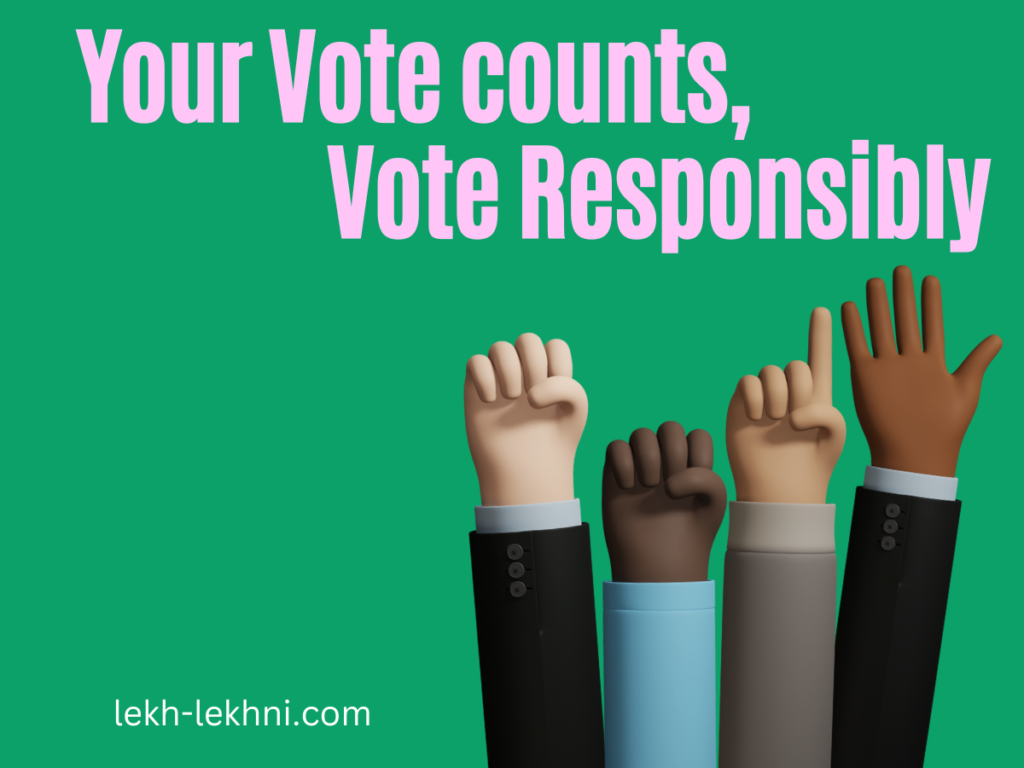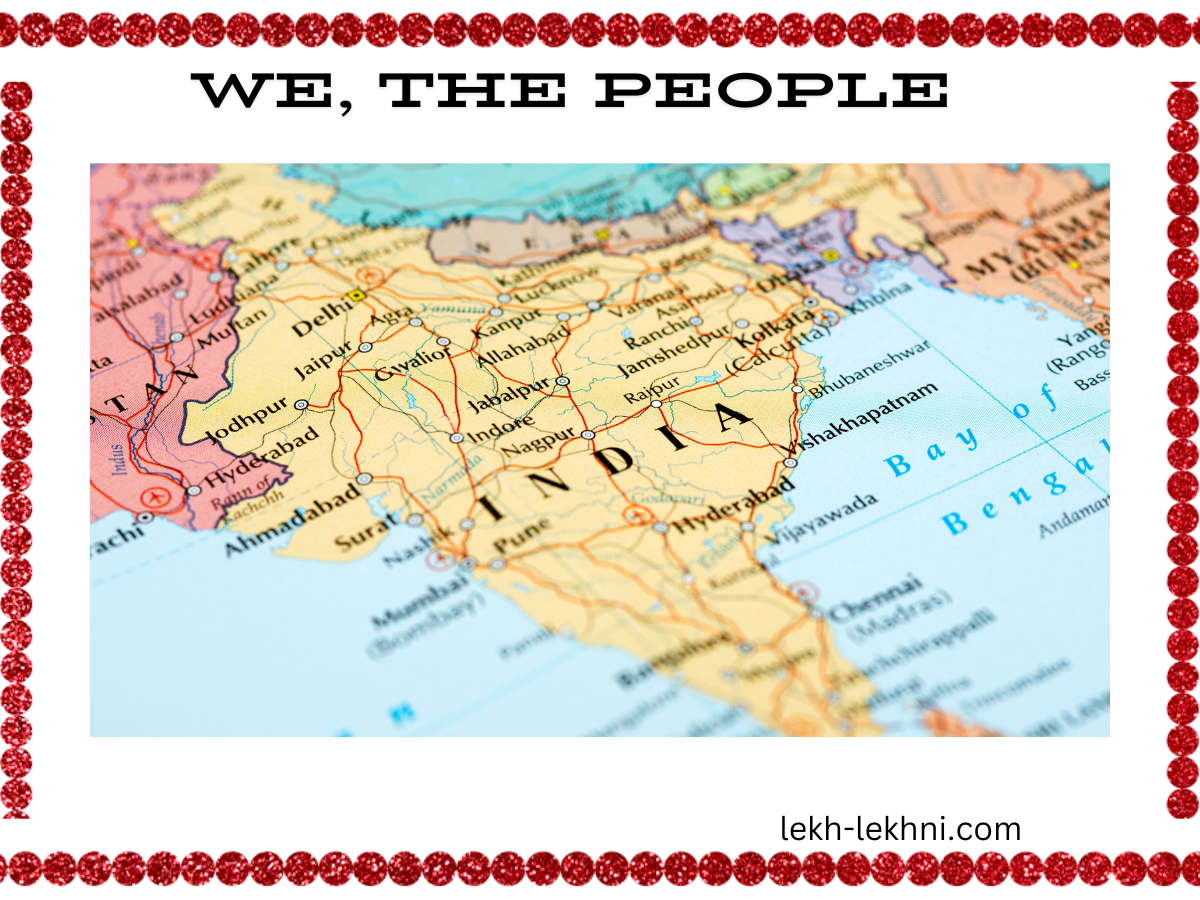With the recently concluded general elections in 2024, India elected a new government.
So what’s new?
Our country has been a democracy since 1951 when the first general elections were held in independent India.
The Indian constitutional system is something unique and unexpected.
‘We’, the people, the mass community elect ‘We’, a bunch of people, our constitutional area representatives. There are judiciary, administrative, and media people between the two ‘we’.
The clear semblance of a democratic governance system is based on the interdependent and interconnected coexistence of all the people mentioned above.
Indian politics: a plural show
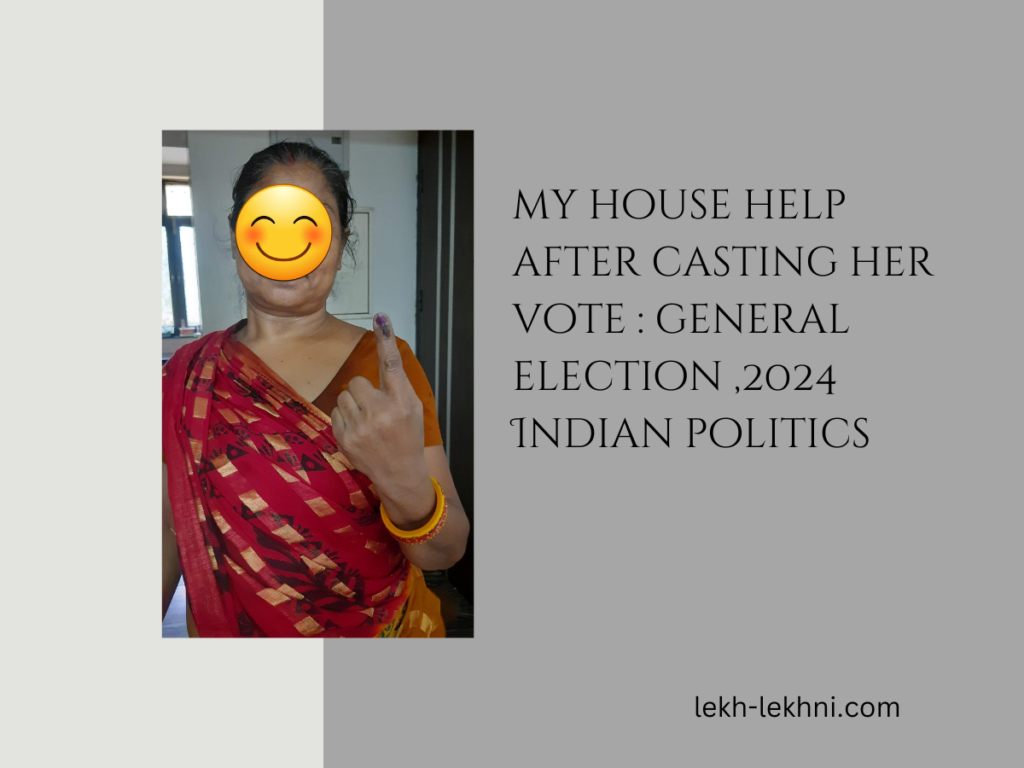
Many books have been written to date on Indian politics, and many eminent writers and scholars have critiqued their pieces of subtle findings on the democratic practices in India.
The discourse on Indian politics is perpetually evolving, with new perspectives surfacing regularly.
Similarly, the patterns of political tunes also keep changing.
The country must be the priority despite the political aspirations of its people.
The plurality of a democratic system is a prudently proven arrangement, and it differs from the perception of a ‘one-man’ show.
It doesn’t matter whether you participate directly in political affairs in a democratic system. If you are present in the circle, you feel the political vibes; this particular ‘we’ rules here.
Think of an inclusive government; the only option is ‘democracy’.
When Baba Saheb Ambedkar, a visionary, led from the front by taking into account all the facts, requirements, and conditions of law and insisting on the rational distribution of power within the regions, it resulted in the establishment of a democratic system in the country which could barely stand on its feet.
After the terrible times of slavery, the Constitution of India became the only sacred text in political circles.
Anxious and hurt after its independence, India had to find solace for its citizens before making any progress.
This was possible only in a comprehensive ruling system in which those elected to rule could never ignore the voice of the common people.
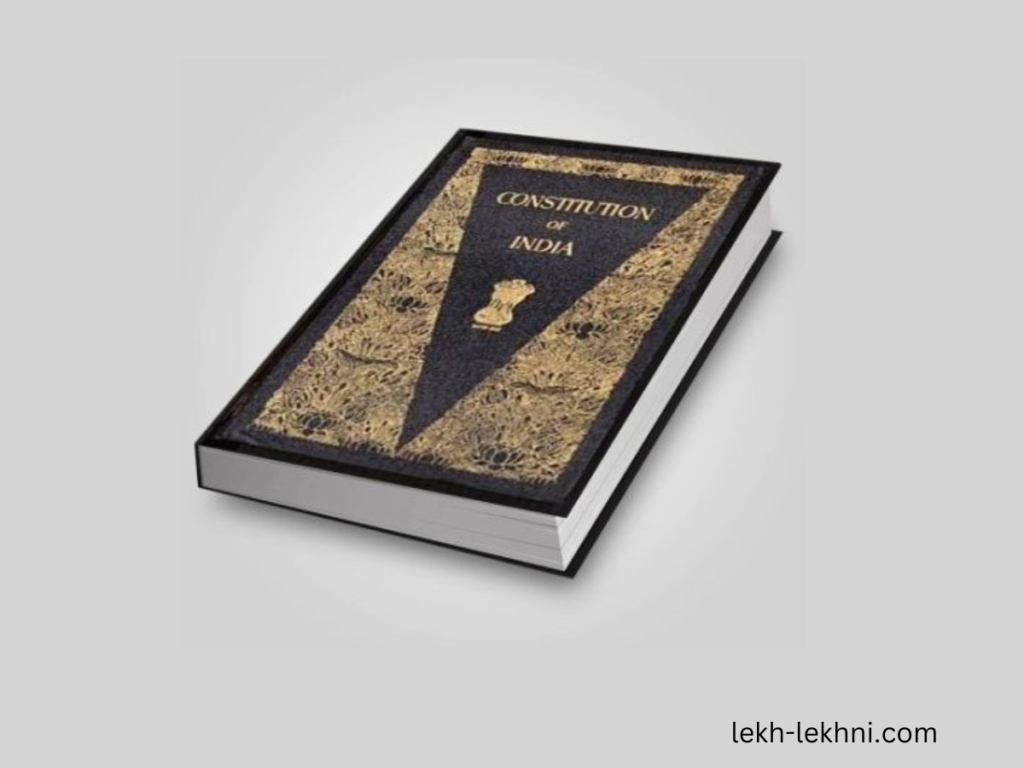
Unity with complexity.
Any story has many sides: left, right, above, below, and hidden behind.
In Indian politics, stories of power struggles become frenetic, irrespective of prevailing norms.
This happens even after we have a glorious past of a democratic ruling system. The country’s long history of slavery has affected our mentality badly, and we are still lagging.
The harrowing scenes in current Indian politics were far from our wildest imagination when we started to have the steering of our country in our hands.
- Just a few years ago, journos were doing an impeccable job of questioning the government for even a bit of its flaws.
- A few years ago, the younger population chose eminent scientists, scholars, thinkers, economists, mathematicians, theater personalities, artists, or administrative officers as their role models. Youths are in a tacky situation due to their incompetence and inadequate government policy to provide them with proper jobs.
- Just a few years ago, the Internet was seen as a boon. Now, it is increasingly being considered harmful to our lives. Social media platforms are causing more harm than good to the young generation.
- A few years ago, the RTE Act 2009 resulted in a surge of young children attending school, but in recent times, approximately 30,000 schools have been shut down across the country.
- Just a few years ago, the medical fraternity was seen as a savior, and now the same life-saving fraternity is cheating patients in the name of proper treatment.
- India’s sex ratio in the last census in 2011 was 943. In 2024, the sex ratio is estimated to be 933. The question is that it’s 2024, and the government does not seem keen on a new census.
- Nowadays, country-made guns are often seen waving in rural and suburban areas of the country. Crime against women, children, and disadvantaged groups is at an all-time high, and there is virtually no one to listen to your plight.
- The job market is sinking. It would be better to remain silent about job security. Due to the lack of permanent jobs, the youth are delusional and directionless.
- Women’s lives have also been badly affected due to the rise of religious gurus. Whether they want to or not, they are becoming direct victims of inhumane treatment.
- In the name of religion, sect, faith, creed, language, region, and even state, citizens everywhere are feeling the heat of hatred, and no one is trying to understand what our schools taught us. It goes, ‘Unity in Diversity’.
- In a country where our revered scriptures preach ‘the world is one family’ (Vasudhaiva Kutumbakam), our political leaders are promoting rivalry and hatred among their citizens for some political gains.
- The young generation is in the grip of serious drug abuse and alcohol addiction. For this, they do petty crimes like snatching a gold chain or a purse and even burglary.
- Cybercriminals are on the next level of cheating people, and they disappear even before the police can handle the case. Senior citizens are increasingly becoming victims of cyber kidnapping.
- The current state of temple politics is leading to increased tension and division among people.
- In an atmosphere of hatred, people are attacking their people without thinking that it will have consequences for them in return.
- Economic exploitation, mental exploitation, and sexual exploitation are becoming everyday things.
Indian politics is not for beginners.
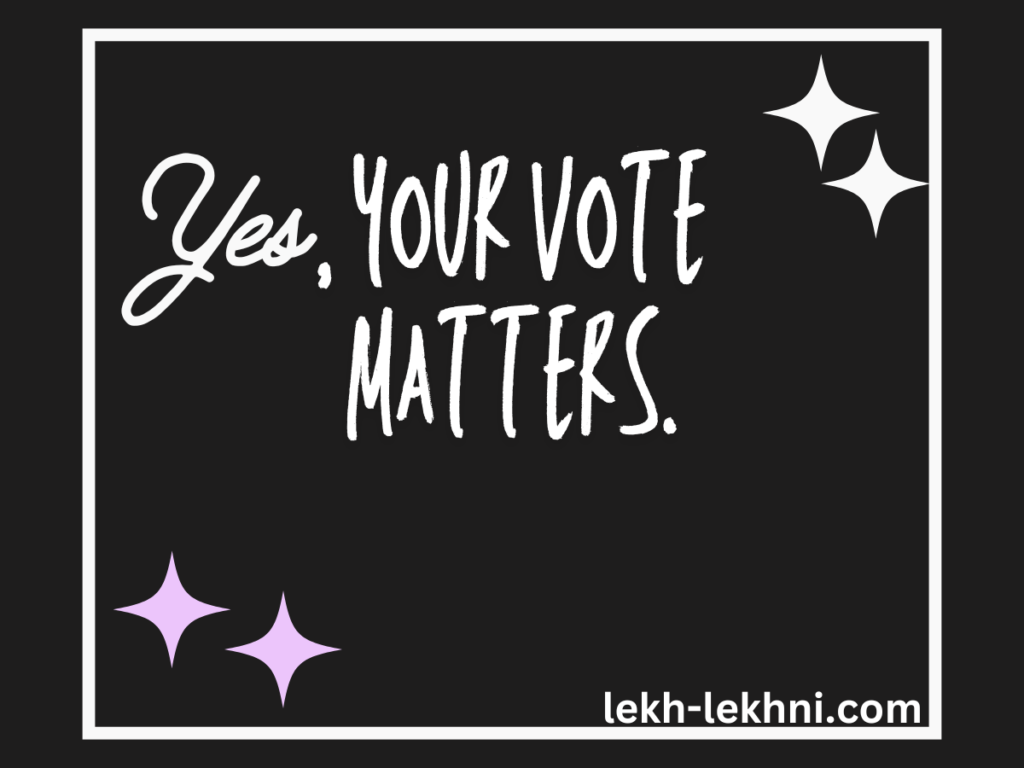
India is a vast country and the largest democratic too.
From the Panchayat level to the Parliaments, Indians use their right to vote to elect their representatives.
There were days when our representatives promptly addressed our issues because they feared losing the elections if they neglected the problems of the common people.
Nowadays, politicians come into the election fray, toss lofty promises, win, and vanish as soon as possible, only to resurface in the next election.
The current trend is ignoring the basic rights of the electors, giving them brutal treatment for not voting for a singular purpose, disregarding their struggles, cold-shoulder handling of minimum amenities, hampering harmony, and disrespecting the constitutional provisions.
Anyone who is writing against a democratic government deserves applause.
However, in the current situation, cartoonists, satirists, writers, and news presenters are giving up or facing hostility from government supporters. This trend is terrible, and there is no doubt that the country will be its ultimate victim.
Conclusion
Numbers alone are not always synonymous with good governance.
The majority never equates to passing bills without expert advice.
Control over the media and administrative officials and abuse of power will eventually disrupt the balance. Democracy is the most respectable way to govern. It flourishes when the common people can move forward without fear.
